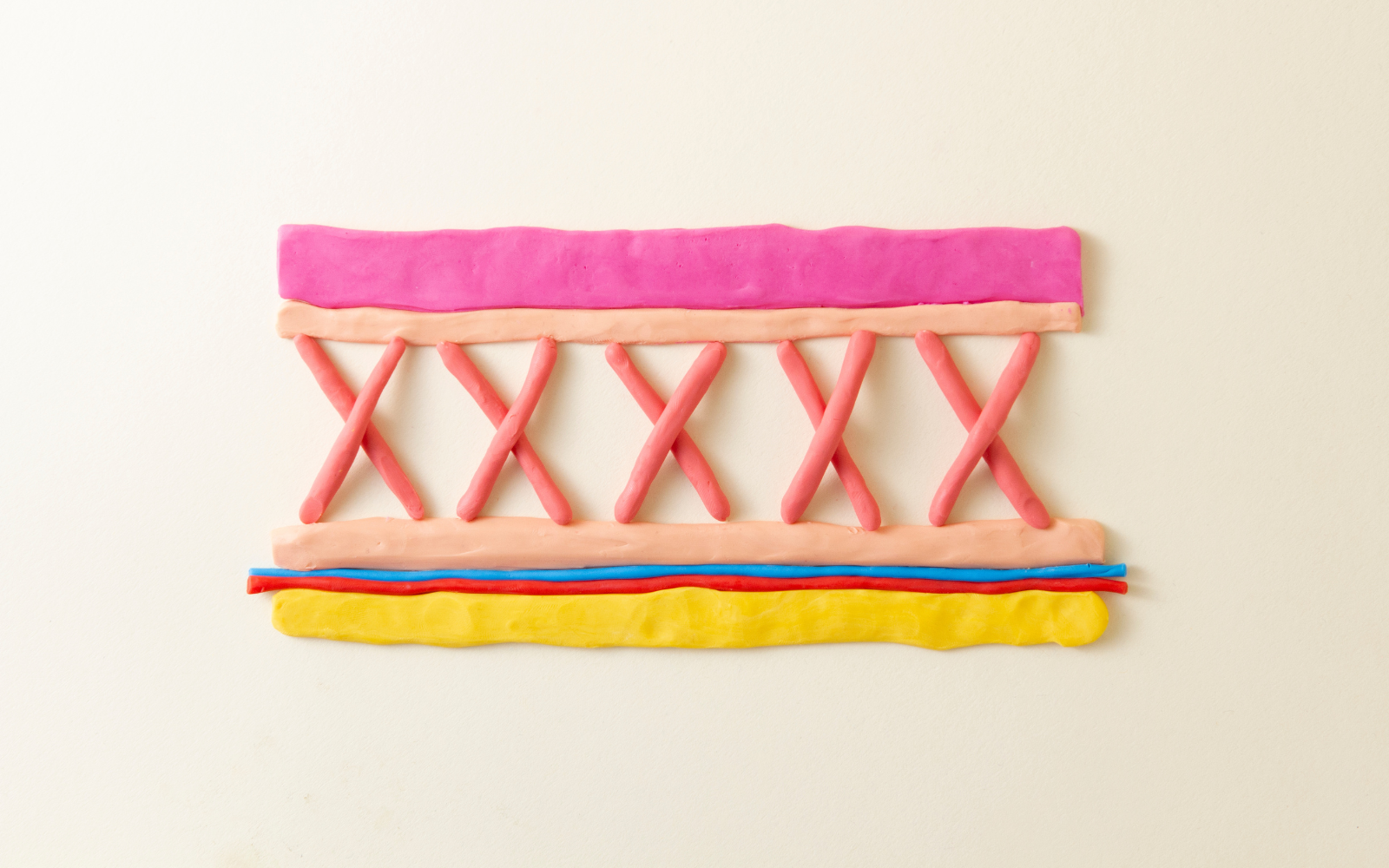Not to be confused with cellulitis, cellulite shows as pitting and bulging of the skin when subcutaneous tissue is damaged. It usually affects the thighs, but it can also be found on the upper arms, abdomen and even the chest. It affects women far more than men because women have thinner skin and tend to deposit more fat around those areas. It’s the damage to the connective tissue between the fat cells that causes the cellulite dimples, which is where collagen comes in, as the connective tissue is heavily dependent on its collagen content.
Does Collagen reduce cellulite?
Supplementing with hydrolysed collagen peptides has been shown to result in a significant improvement in cellulite. As long as the peptides are small enough to be absorbed; they can help strengthen the subcutaneous connective tissue that has been damaged. They also stimulate metabolism in the dermal layer, meaning more new cells are produced, helping to improve any existing damage and reduce the likelihood of future damage.
Like many conditions, the effects will increase over time as the impact of the increased collagen levels build a strengthened connective dermal framework.
Why is Marine Collagen the best for cellulite?
The skin and its connective tissue are almost exclusively made up of type 1 collagen, which is by far the most concentrated in fish, or marine collagen. Collagen made from beef and pork contain other types of collagen, so you would need to take more of them to obtain the same amount of type 1 peptides as you get in a serving of marine collagen.
As the skin needs the type 1 collagen peptides to help it repair any damage from cellulite, taking marine collagen supplements will give you the best and fastest results.
We'd recommend a whopping dose of 5,000mg marine collagen, as in Collagen Zooki, wrapped in natural lipids to ensure the nutrient gets right to where its needed in the body.
References
1. Dietary Supplementation with Specific Collagen Peptides Has a Body Mass
2. Index-Dependent Beneficial Effect on Cellulite Morphology





Share:
A yoga teacher's guide to mastering mindful eating
Collagen supplements for eczema: Myth or fact?